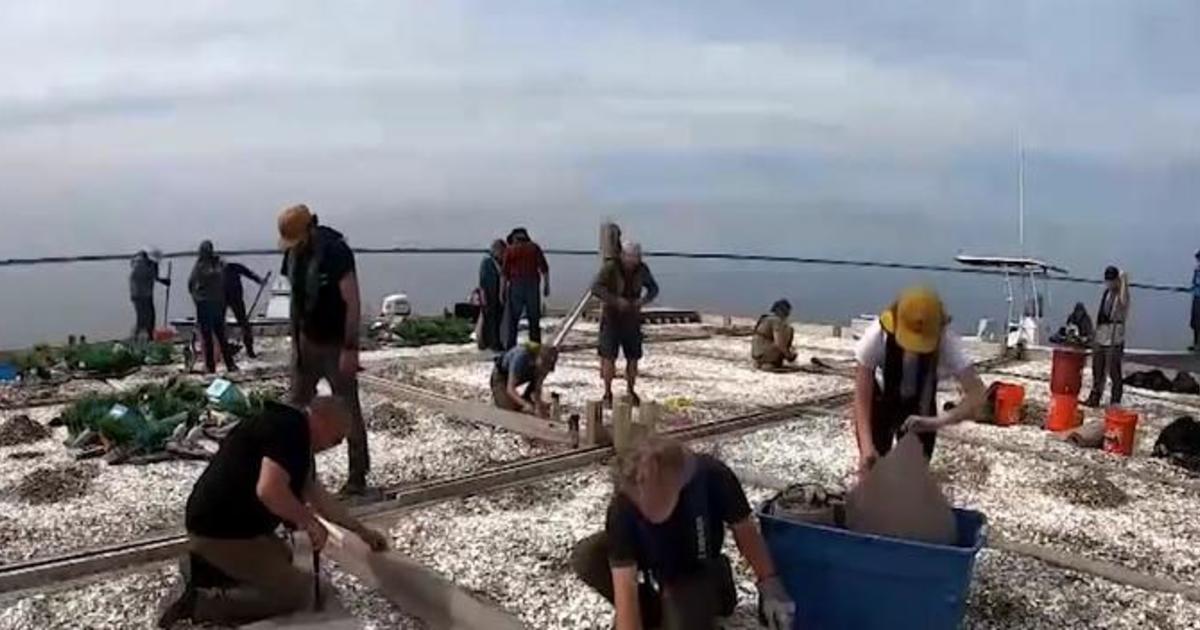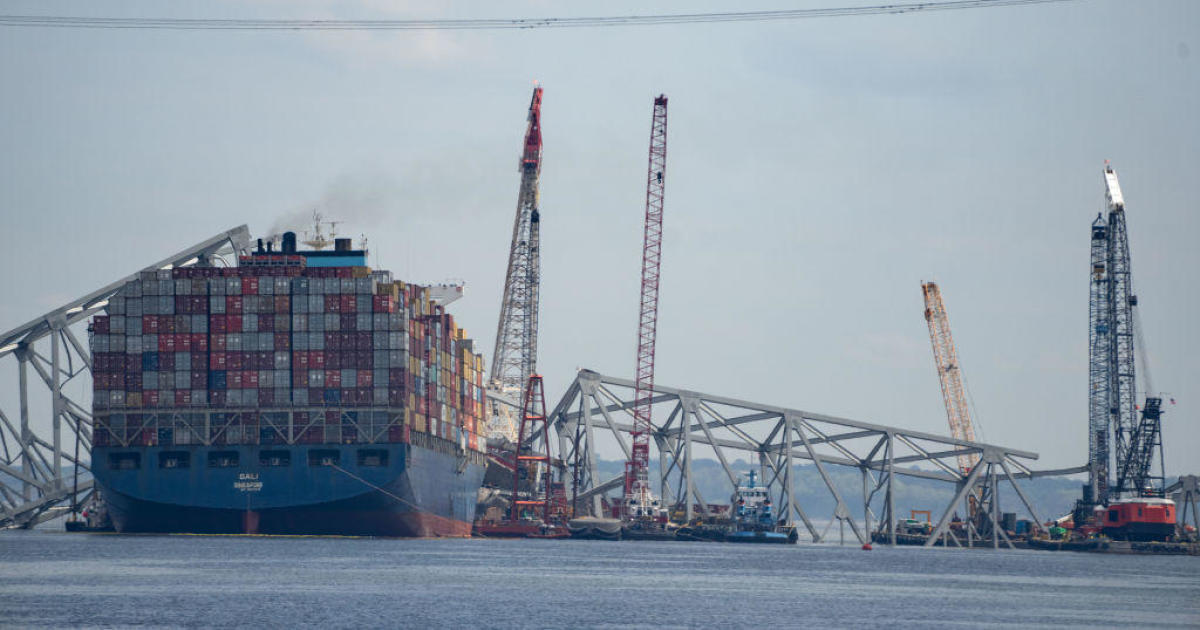Sierra Club Challenges Md. Natural Gas Terminal
WASHINGTON (AP) -- The Sierra Club said Thursday it will try to block an energy company's plan to export liquefied natural gas to find new markets for the drilling boom that has flooded the Mid-Atlantic with natural gas.
Virginia-based Dominion Resources Inc. is seeking to export 1 billion cubic feet per day through a terminal it owns in Maryland.
A previous legal settlement dating to the 1970s gives the Sierra Club the ability to reject any significant changes to the purpose
or footprint of the existing natural gas terminal in Cove Point, Md., 60 miles southeast of Washington.
The environmental group says the export project could result in major damage to the Chesapeake Bay and nearby Calvert Cliffs State Park in Maryland.
"The damage that this project would bring to the Maryland coast as well as the disastrous effects of the fracking boom on
communities in states like Pennsylvania make it clear that exporting liquefied natural gas is bad news for Americans' air,
water and health," said Michael Brune, executive director of the Sierra Club.
Hydraulic fracturing, also called fracking, involves blasting mixtures of water, sand and chemicals deep underground to stimulate
the release of gas. Environmental groups and other critics believe the chemicals have polluted drinking water supplies, but the
industry says there is no proof. Exporting liquefied natural gas, or LNG, would drive up the cost of domestic natural gas, Brune said, reversing the effects of a natural gas boom that has driven U.S. prices to 10-year lows.
Dominion says the Cove Point terminal is well situated to export gas from the prolific Marcellus Shale formation, which lies beneath Pennsylvania, New York, West Virginia, Ohio and other states.
Thomas F. Farrell II, Dominion's president and CEO of Dominion Resources, said the company intends to go forward with the project.
"We have reviewed the various regulations, agreements and rulings from various regulatory bodies governing the site and are
confident that we will be able to locate, construct and operate a liquefaction facility at Cove Point," Farrell said in a statement.
Dominion will design the plant to minimize damage to the environment, Farrell said.
The dispute over the Maryland plant comes as federal regulators have approved the first large-scale natural gas export terminal in
the United States. Several other proposals are pending.
The Federal Energy Regulatory Commission cleared construction of the Sabine Pass LNG terminal in Cameron Parish, La., last week. The facility, owned by Houston-based Cheniere Energy Inc., will chill natural gas into a liquid that can be shipped on tankers, allowing U.S. producers to export natural gas overseas for potentially huge profits. An existing LNG import facility at the Louisiana site will also be converted to handle imports.
The push for exports represents a turnaround from just a few years ago, when U.S. companies were seeking to build LNG terminals that would receive natural gas from other countries.
Those plans changed as improved drilling techniques, such as hydraulic fracturing and horizontal drilling, allowed drillers to
gain access to natural gas wells that were hard to reach in the past. Horizontal drilling can increase production far beyond a
vertically drilled well.
Brune, of the Sierra Club, called on the Energy Department to review potential dangers of fracking. No federal agency has fully
analyzed or disclosed such dangers to the public, he said.
Gas companies say fracking has been used safely for decades.
The Sierra Club said earlier this year that it accepted more than $26 million from Chesapeake Energy, a leading natural gas
company, while promoting natural gas as a cleaner, more efficient alternative to coal. Brune said the donations were received from 2007 to 2010 and have now stopped.
(Copyright 2012 by The Associated Press. All Rights Reserved.)



